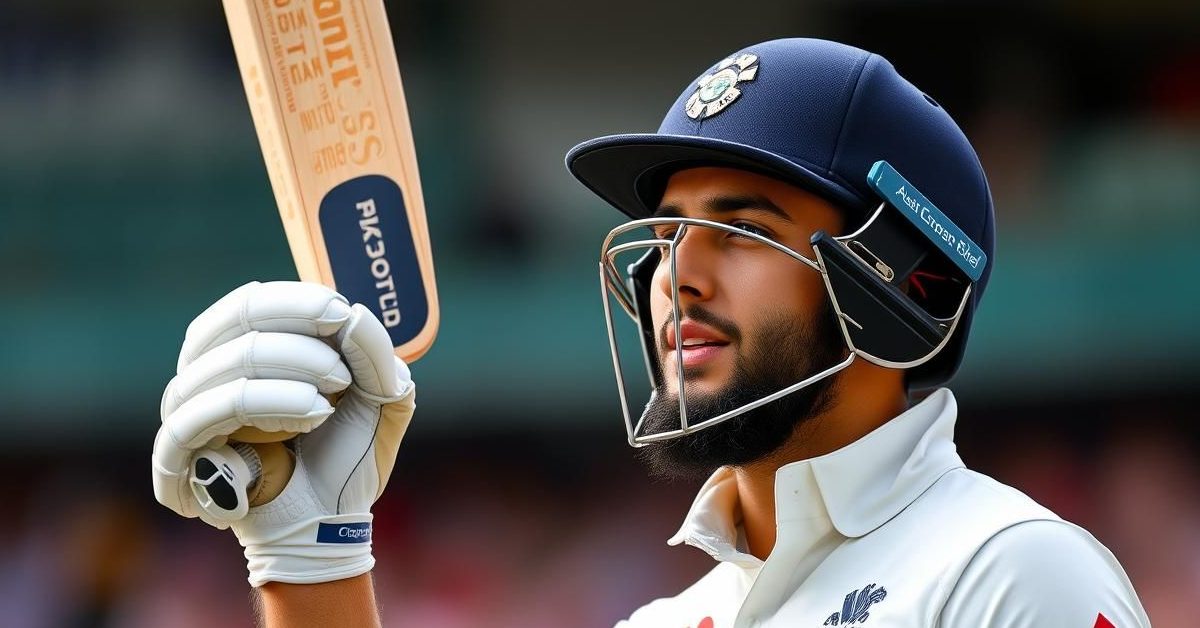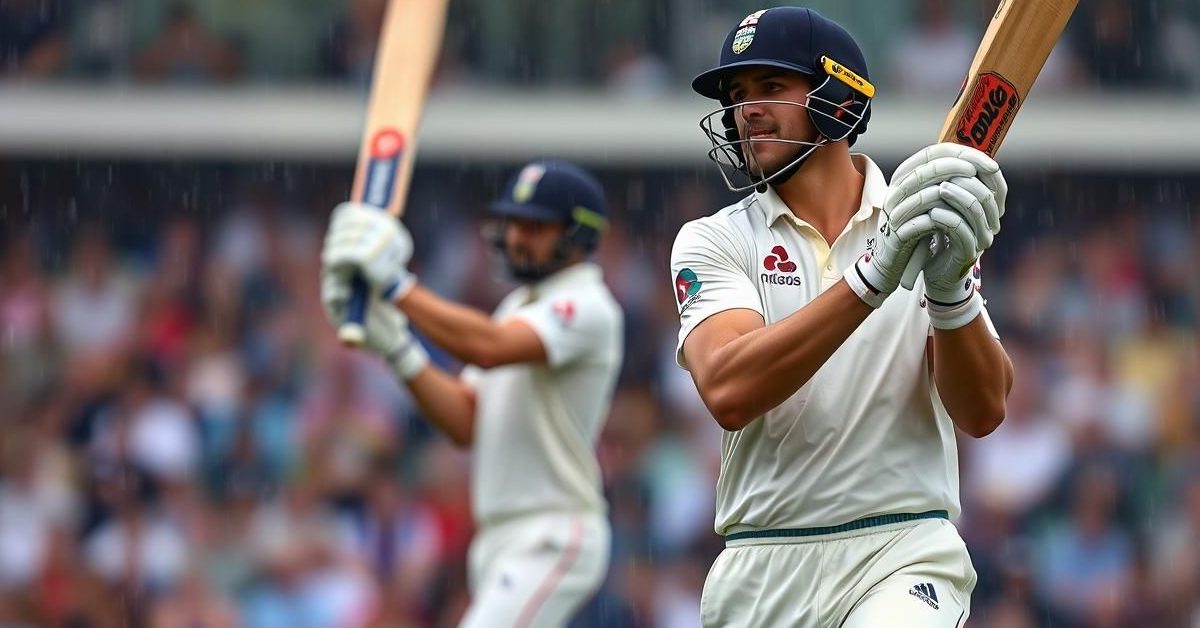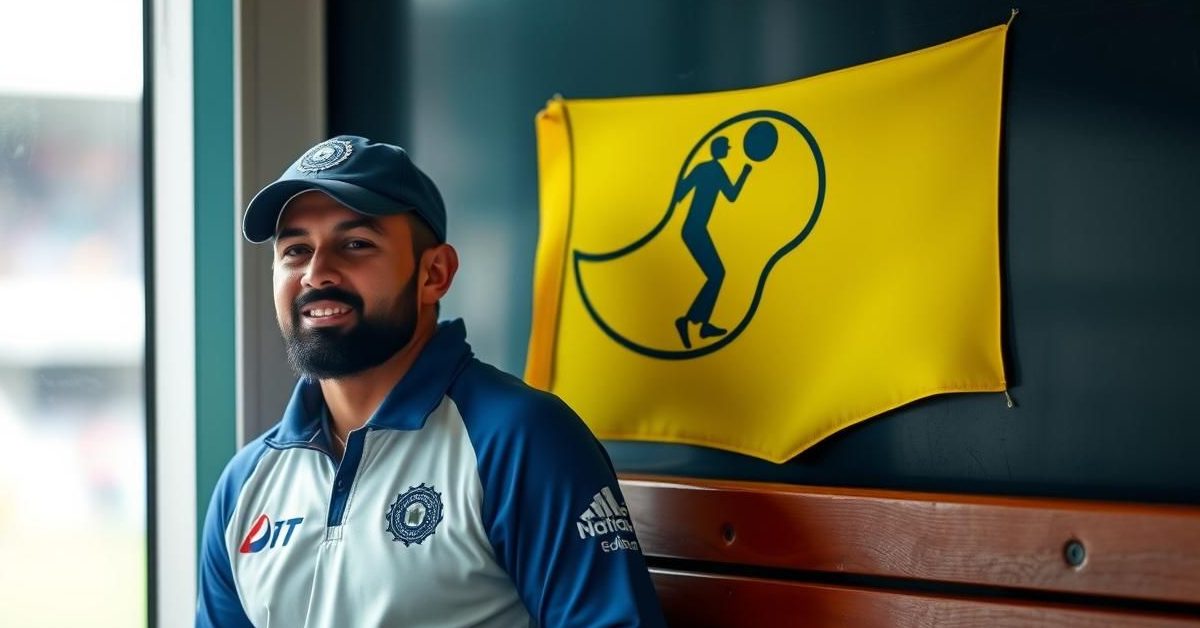Shubman Gill’s Edgbaston Masterpiece: A Captain’s Double Century For The Ages
Indian cricket has a new monarch in the making, and his name is Shubman Gill. The prodigious 25-year-old, already entrusted with the Test captaincy, has once again illuminated the cricketing world, crafting a breathtaking maiden double century at England’s iconic Edgbaston ground. This monumental innings didn’t just bolster India’s position; it etched Gill’s name into the annals of history, following hot on the heels of a commanding century during his captaincy debut in Leeds.
Gill’s epic knock, spanning a formidable 311 deliveries, was a testament to his burgeoning maturity and exceptional skill. Adorned with 21 exquisite fours and two towering sixes, it was a display of calculated aggression and unwavering concentration that left spectators and pundits alike in awe.
Rewriting the Record Books: Gill’s Unprecedented Feats
The sheer scale of Gill’s achievement becomes clearer when you consider the records he shattered. He is now the first-ever Asian captain to register a double century in a Test match played on English soil – a truly historic milestone. This remarkable feat also sees him eclipse the legendary Mohammad Azharuddin’s 179 from 1990, setting a new benchmark for the highest score by an Indian captain in a Test innings in England.
His relentless scoring spree continued, reaching an astounding 222 runs off 323 balls after a late flurry of boundaries in the 125th over. This pushed him past another iconic name, Sunil Gavaskar, whose magnificent 221 at The Oval in 1979 stood as the highest individual score by an Indian in a Test match played in England for decades. Gill’s innings now reigns supreme.
Joining Cricket’s Elite: A Double Century Pedigree
Shubman Gill’s double hundred marks a significant entry into an exclusive club. He becomes the 26th Indian cricketer to notch a Test double century, and specifically, the 13th player to record one such score. This historic knock also represents the 50th instance of an Indian batsman achieving a double century in Test cricket, highlighting the nation’s rich batting heritage. While Virat Kohli still holds the record for most double hundreds by an Indian with seven, Gill has undoubtedly taken his place among the revered.
Furthermore, his Edgbaston masterclass places him in a truly rare stratum of Indian leadership. He is only the fifth Indian to register a double century as Test captain, joining an illustrious list that includes the incomparable Virat Kohli, the maestro Sachin Tendulkar, the unflappable MS Dhoni, the iconic Sunil Gavaskar, and the Nawab of Pataudi, Mansoor Ali Khan Pataudi. Gill’s versatility also shines through; he is now only the fourth Indian to boast double centuries in both Test and One-Day International formats, sharing this distinction with the likes of his predecessor Rohit Sharma, Sachin Tendulkar, and the explosive Virender Sehwag.
The Science of Control: An Innings Beyond Compare
Beyond the sheer numbers, what truly set Gill’s double century apart was the astonishing level of control he exhibited. According to cricket analytics firm CricViz, his false shot percentage on Day 1 of the Test was an incredibly low 3.5 percent – a stark contrast to the average of 12 percent seen in England. The BBC lauded this as the most controlled century recorded in England since such meticulous data collation began in 2006.
His monumental effort was remarkably free of genuine alarms. Just two outside edges, both off the bowling of Chris Woakes, occurred before he even reached 20 runs. An inside edge off Brydon Carse led to an LBW appeal, which England reviewed, only to burn their precious challenge as the ball had struck him well inside the line. Even the formidable English captain Ben Stokes couldn’t significantly unsettle Gill, who registered only three more false shots – one off Woakes and two off Stokes himself. This level of composure and precision, even against world-class bowling in challenging English conditions, far surpassed the control displayed by legends like Rahul Dravid, Ricky Ponting, and Kumar Sangakkara during their memorable English hundreds, and even outshone home heroes such as Alastair Cook, Kevin Pietersen, and Joe Root in similar circumstances.













